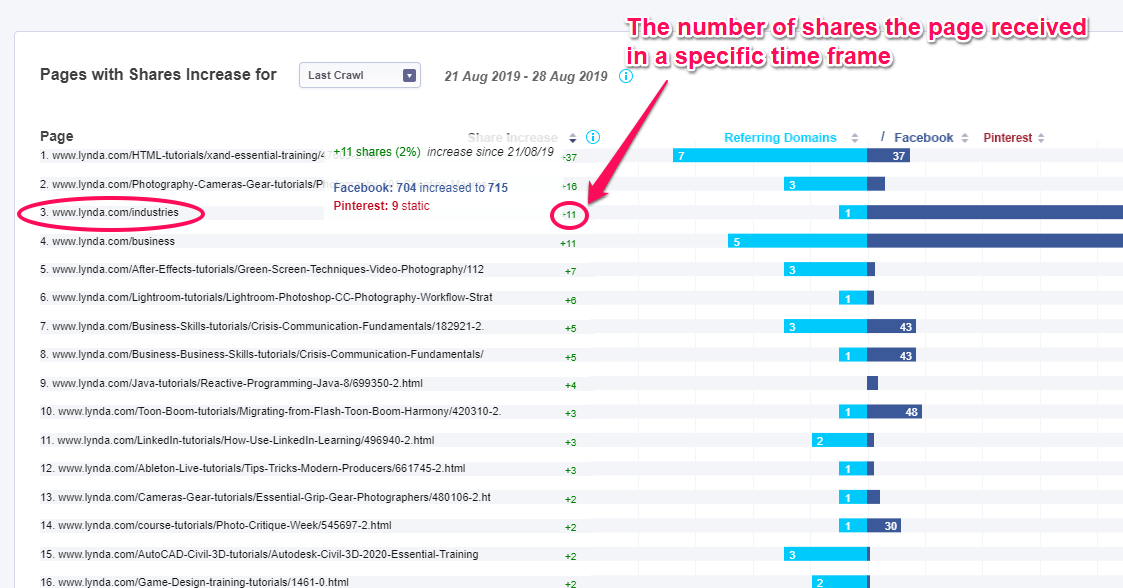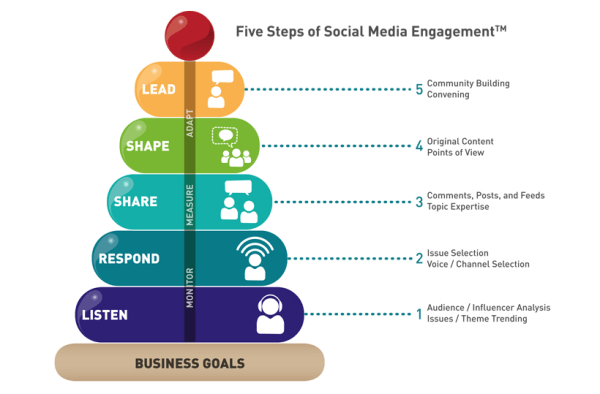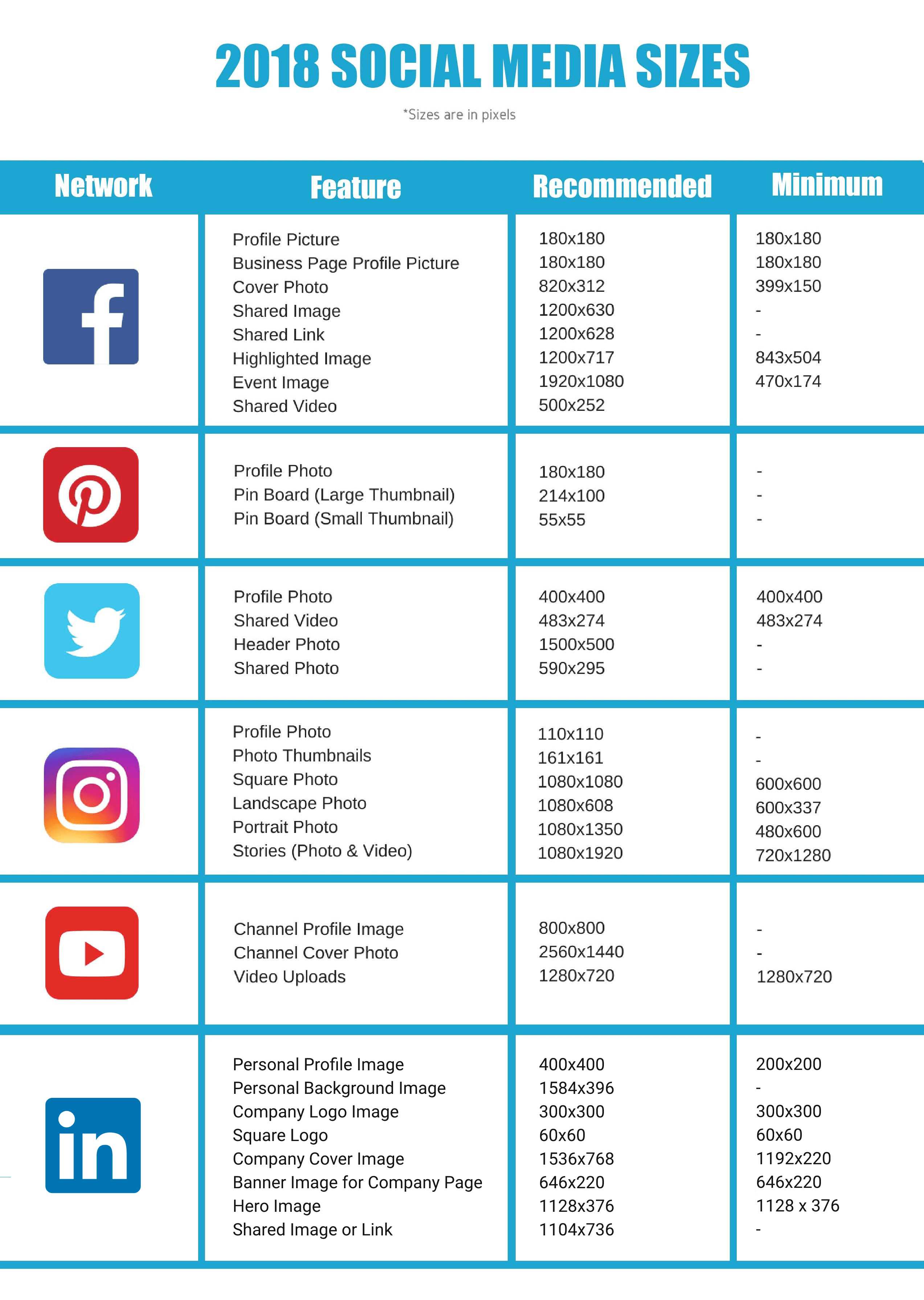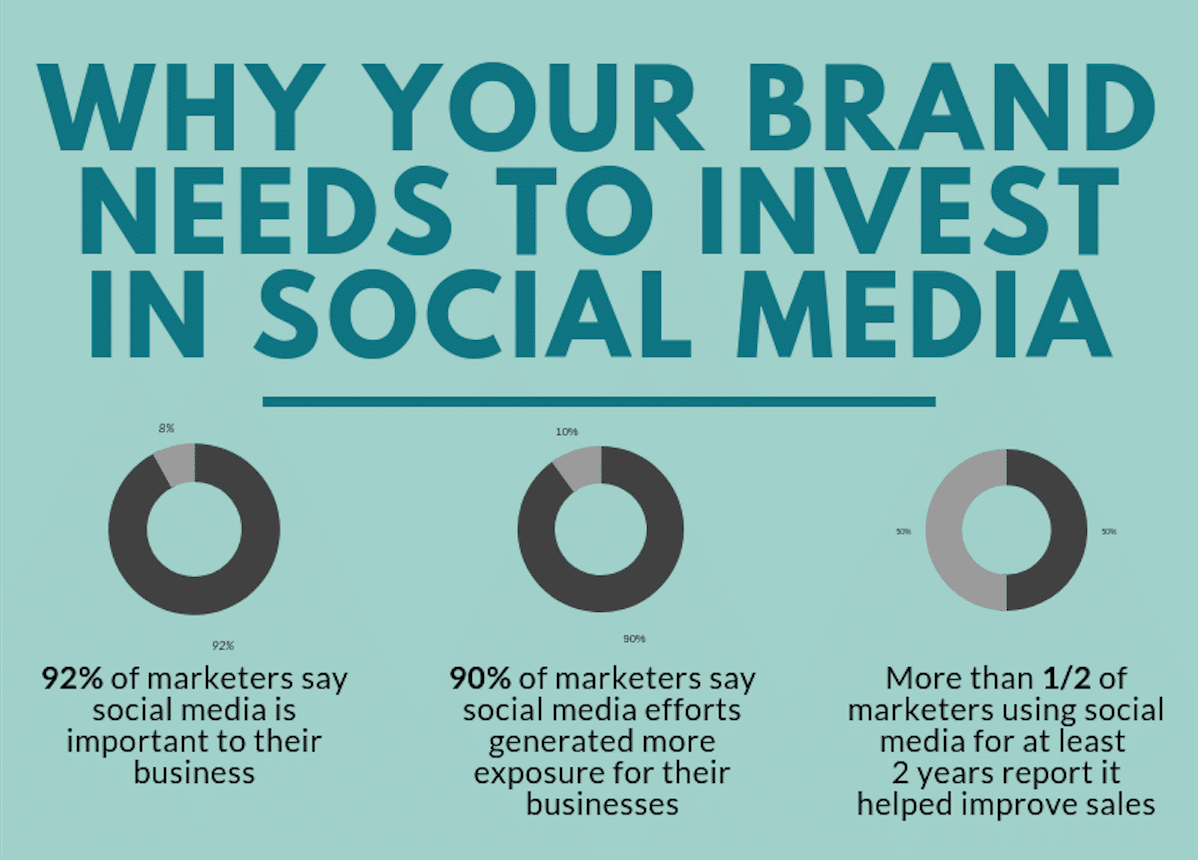Social media marketing has proven to be effective in lots of situations. Lots of studies, companies, and brands have experienced a positive outcome. Not including social media in your marketing strategy would be like leaving money on the table.
This article will answer some of the most important questions regarding social media marketing for startups and give you the insights you need to build your marketing strategy, regardless of the industry. Remember that consistency is the most important tip of all. Don't give up if you don't see results right from the beginning.
- Define Your Target Audience
- Set SMART Goals
- Use Appropriate Content for Each Social Network
- Invest in Paid Social Media Advertising
- Curate Content
- Stick to a Content Ratio in Your Scheduling Plan
1. Define Your Target Audience
Before stepping your foot in the game, make sure you know who you're playing with. Describe your audience, learn what they appreciate, what their interests are, define your segments and categories. You might have different segments, people who read your content, your social fans, customers who buy your product and so on. All of these might include different types of people. Define your buyer personas. Each one of them answers to specific triggers and messages. Deliver niched content.
Since you're just creating your social media account, check out the competition and find out who they are targeting and get some ideas from your website's analytics or online stats to have a starting point.
Did you know?
Using the cognitiveSEO Social Visibility, you can spot content marketing strategies that work in your niche. Get a sneak peek at your competitors' most successful content marketing strategies and find out more ideas to implement in your social media marketing plan.

Look at their top-performing content and grow your startup. Analyze your site and perform a side-by-side comparison. Track evolution and identify your marketing plan efficiency.

Moreover, defining your audience is the first step of the social media engagement process. To have a successful social media marketing strategy for your startup, you need to make proper identification of your audience.

One of the most popular methods to define your audience is by creating a persona. Understand their interests, needs, motivations, goals and draw the portrait. Your persona should include demographics (age, income, geographic location), goals and challenges, obstacles that stand between them and the purchase decision.
2. Set SMART Goals
A solid social media strategy is built on a foundation of specific, measurable, achievable, realistic, and timely goals. If you take a look at the picture above, you can see your whole social media strategy for your startup.
No goals, no results to track.
Not setting your goals is like driving the highway with your eyes closed. Don't know your speed, don't know were you're heading.
You need to make sure that your goals are S.M.A.R.T.– Specific, Measurable, Attainable, Relevant and Timely. Once you've defined them, find out ways to think in terms of your user's interests: what advantage do they obtain if they use your product or read your content?
Be honest: why are you on social? Don't waste time unless you have some objectives set. Otherwise, you'll waste time and money on things that you don't actually need or bring results. If you do need them, think exactly what your social media feed neeeds. Is it brand awareness? Is it learning and educating your audience or potential customers? Is it for lead generation? Is it for acquiring customers?
You can either set monthly goals and be more granular in your analysis or you may want to track quarterly goals. Either way, have a marketing plan to achieve notable social media success.
3. Use Appropriate Content for Each Social Network
What works on Facebook, might not be appropriate for Instagram. What triggers interest on Twitter might not have so much success on Pinterest. Different types of content (text, image, audio & video), plus different social media images sizes. Not every piece of content needs to be shared everywhere. If you want, you can adapt the information to each one of your social media marketing channels.

Choose the social networks you want to focus attention on and create high-quality content for each social media platform:
- Facebook can be used for brand awareness, to generate engagement and excitement, connect and build a relationship with your customers by sharing internal activities, create a community and keep conversations with your social media followers.
- Twitter can be used for news, events, updates, to share relevant content and build efficient connections.
- Instagram can be used for attracting your audience through visuals. You can share news using stories and educational videos on IGTV.
- Youtube can be used for more niched content. Not every startup might need it . Videos are very effective indeed, but you need to communicate relevant content and invest in editing so you have nicely designed videos. The competition is high.
- Linkedin can be used to seek potential customers, employees and also build your brand's industry expertise.
There are lots of other social media networks, but the ones explained above are the most important ones.
Beside finding the best content for each social media profile, decide which is the best time to post. Test and run until you create a scheduling program.
4. Invest in Paid Social Media Advertising
Before taking any decision in this regard, we should take a look at the studies. One in five of all adults spending almost 40 hours a week on the web and social media gets 33% of it. Moreover, 37% of the people that shop online admit they get inspiration from social media.
Start by performing a few A/B tests to see if it works for you or it provides value. Social ads can be used to:
- boost your reach;
- increase brand awareness;
- get ROI;
- have better targeting;
- access mobile users more easily.
Overall, social media ads can help you get better results, bring higher conversion rate optimization and accomplish your goals. It is totally your choice if you decide to invest in it.
Of course, it's not all that simple. You need to take into consideration lots of details. For instance, the targeted audience it's highly important. If you don't want to spend money in vain, make sure to define your audience with care before investing in paid social media. Here's a guide on ad targeting on Facebook that can help you out.

5. Curate Content
If you want to be above the water in social media, you have to curate high-quality content, create and share relevant content (it can be evergreen or seasonal, depending on the topic and needs at the moment). One effective social media strategy is keeping a personal touch. It will be in your favor on the long run, whenever you feel the need to talk directly to potential users or customers.
Share the appreciation for those in the business and share content that is worth reading and might interest your audience. Share the love and build connections. Always add the headline of the author and the page or tag one of them.
6. Stick to a Content Ratio in Your Scheduling Plan
If you follow big brands, you'll see that they share content from other pages, their own and the content calendar. Your social media posts should follow a content ratio for that. One example is the 30/60/10 content ratio, which means 30% is owned, 60% is curated and 10 % is promotional. Another example is the 8o/20 content ratio, which means that 80% is non-promotional and 20% is promotional (social media campaigns or social ads).
In the end, choose the smart way and not the hard way. Use any marketing tool that might help you be more efficient and take better decisions in your digital marketing plan. There are lots of social tools for publishing content, engaging the audience, boosting your social presence or perform social listening. Invest in marketing campaigns to provide more conversions and active users.
Spy on your competitors and try any growth hack tested by others. Be active and keep your users engaged. Start with the social media marketing strategies discussed and grow your startup.

